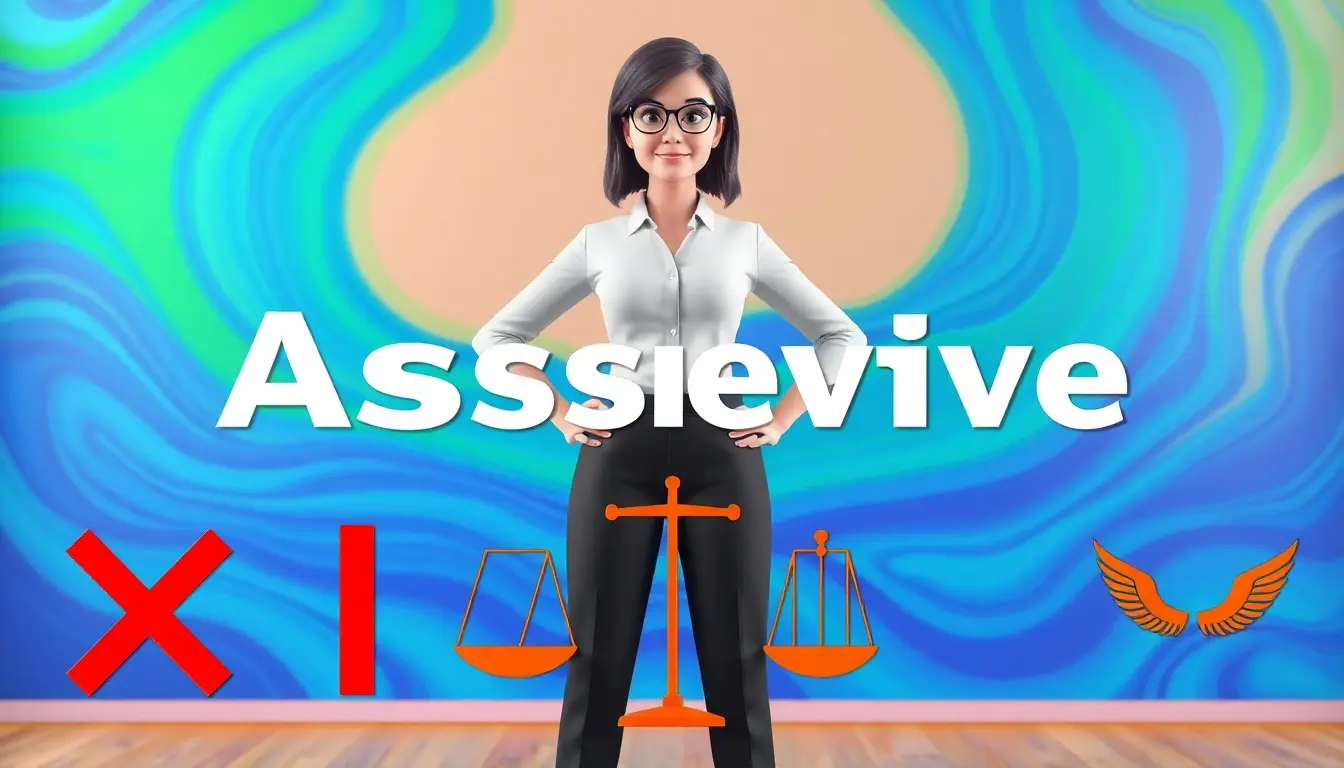What is Mock Negotiation?
Mock negotiation is a simulated negotiation exercise designed to help individuals develop and improve their negotiation skills. It’s a practical way to practice and refine your negotiation techniques in a low-stakes environment, allowing you to make mistakes and learn from them without risking real-world consequences. In a mock negotiation, participants take on roles and engage in a simulated negotiation, usually with a specific scenario or goal in mind.
Mock negotiation is an essential tool for anyone looking to improve their negotiation skills, whether in business, law, or personal relationships. By practicing in a simulated environment, you can develop confidence, improve your communication skills, and learn how to navigate complex negotiation scenarios.
Benefits of Mock Negotiation
Mock negotiation offers several benefits, including:
-
Improved confidence: By practicing in a low-stakes environment, you can build confidence in your negotiation skills, which can translate to real-world success.
-
Enhanced communication skills: Mock negotiation helps you develop effective communication skills, including active listening, clear messaging, and persuasive storytelling.
-
Better preparation: Mock negotiation allows you to prepare for real-world negotiations by anticipating common scenarios, practicing responses, and developing a negotiation strategy.
-
Risk-free learning: Mock negotiation provides a safe space to make mistakes and learn from them, without risking real-world relationships or deals.
How to Conduct a Mock Negotiation
Conducting a mock negotiation is relatively straightforward. Here’s a step-by-step guide to get you started:
Step 1: Define the Scenario
Identify a specific negotiation scenario or goal, such as buying a car, negotiating a salary, or resolving a business dispute. Make sure the scenario is relevant and engaging for all participants.
Step 2: Assign Roles
Assign roles to each participant, including the negotiator, the counterpart, and any observers. Ensure that each participant understands their role and the scenario.
Step 3: Establish Ground Rules
Establish ground rules for the mock negotiation, including the duration, communication channels, and any specific rules or constraints.
Step 4: Conduct the Mock Negotiation
Begin the mock negotiation, allowing participants to engage in the simulated negotiation. Encourage active listening, creative problem-solving, and effective communication.
Step 5: Debrief and Review
After the mock negotiation, hold a debriefing session to discuss what worked well, what didn’t, and what participants learned. Review the negotiation process, identify areas for improvement, and provide feedback.
Common Mock Negotiation Scenarios
Here are some common mock negotiation scenarios to get you started:
-
Buying a car: Negotiate the price of a car with a salesperson.
-
Salary negotiation: Negotiate a salary with an employer.
-
Business dispute: Resolve a business dispute between two companies.
-
International trade: Negotiate a trade agreement between two countries.
-
Mediation: Mediate a dispute between two parties.
Tips for Effective Mock Negotiation
Here are some tips for effective mock negotiation:
-
Be prepared: Research the scenario, understand the roles, and prepare your negotiation strategy.
-
Stay flexible: Be open to creative solutions and willing to adapt your strategy as needed.
-
Communicate effectively: Practice active listening, clear messaging, and persuasive storytelling.
-
Learn from mistakes: Don’t be afraid to make mistakes – use them as opportunities to learn and improve.
Mock Negotiation in Real-World Scenarios
Mock negotiation is not limited to simulated exercises. It can be applied to real-world scenarios, such as:
-
Business negotiations: Use mock negotiation to prepare for critical business negotiations, such as mergers and acquisitions or contract negotiations.
-
Conflict resolution: Use mock negotiation to resolve conflicts and disputes in personal or professional relationships.
-
International diplomacy: Use mock negotiation to prepare for international diplomatic negotiations, such as trade agreements or peace treaties.
FAQ
What is the purpose of mock negotiation?
Mock negotiation is a simulated negotiation exercise designed to help individuals develop and improve their negotiation skills.
How do I conduct a mock negotiation?
Conducting a mock negotiation involves defining the scenario, assigning roles, establishing ground rules, conducting the negotiation, and debriefing and reviewing the process.
What are some common mock negotiation scenarios?
Common mock negotiation scenarios include buying a car, salary negotiation, business dispute, international trade, and mediation.
What are the benefits of mock negotiation?
The benefits of mock negotiation include improved confidence, enhanced communication skills, better preparation, and risk-free learning.
Can mock negotiation be applied to real-world scenarios?
Yes, mock negotiation can be applied to real-world scenarios, such as business negotiations, conflict resolution, and international diplomacy.
Conclusion
Mock negotiation is a powerful tool for developing and improving negotiation skills. By practicing in a simulated environment, you can build confidence, enhance your communication skills, and prepare for real-world negotiations. Remember to stay flexible, communicate effectively, and learn from your mistakes. With these tips and guidelines, you can master the art of negotiation and achieve success in any negotiation scenario.







Leave a Reply